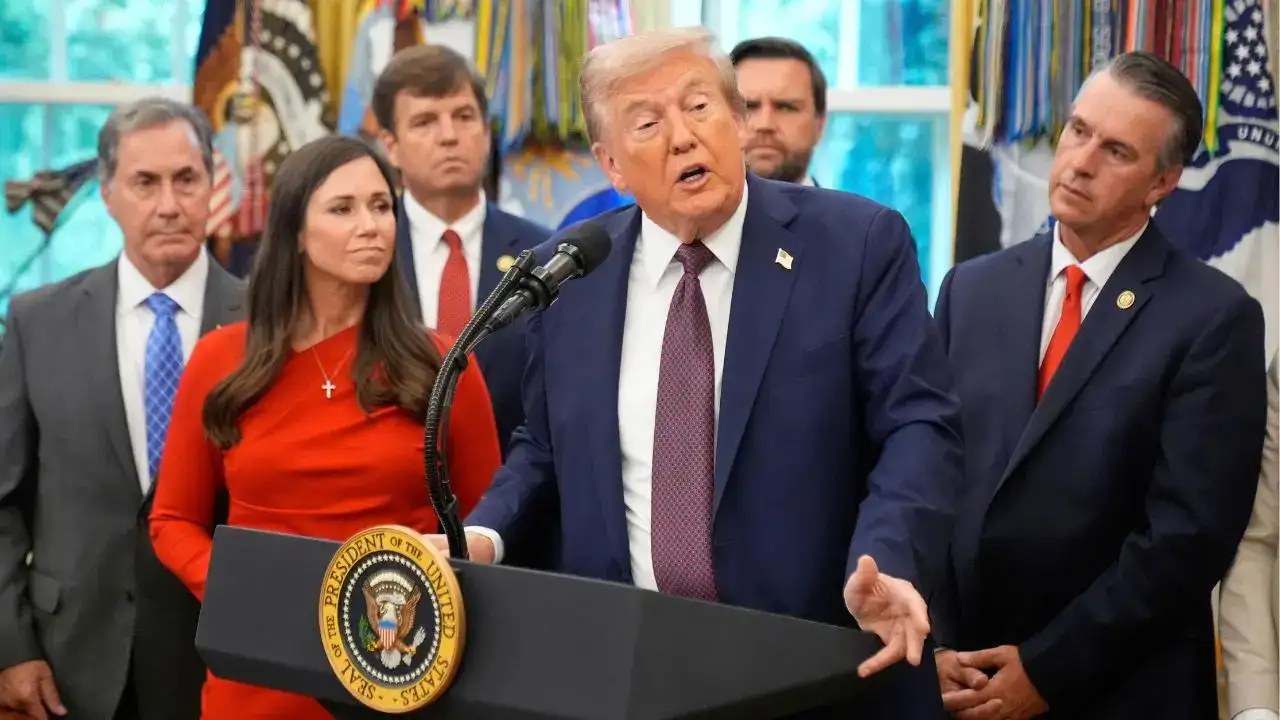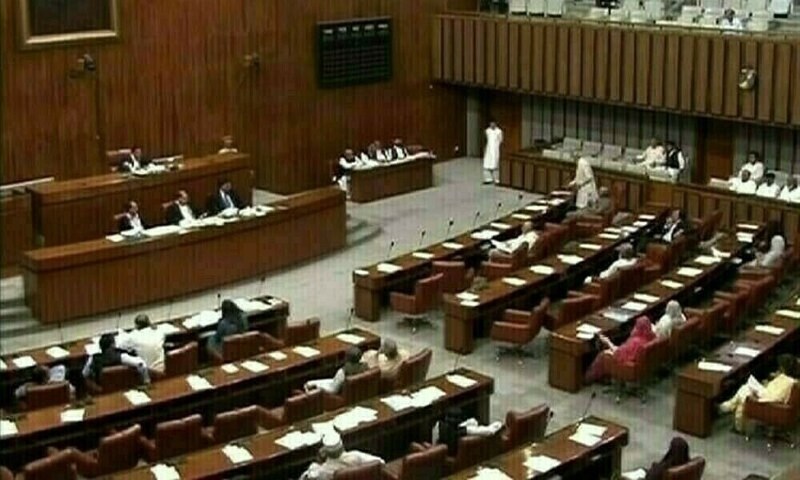By Rounak Bagchi
Copyright timesnownews

The US Supreme Court said on Tuesday that it would decide whether President Donald Trump acted lawfully in imposing sweeping tariffs on imports. The justices set an unusually fast schedule, saying they would hear arguments in the first week of November. The tariffs, which remain in place, have been challenged by Democratic-led states and small businesses, including the wine and liquor distributor V O S Selections Inc. A federal appeals court has ruled that Trump exceeded his authority in imposing the levies. At issue are import taxes that touch trillions of dollars in trade. A ruling for the President would strengthen executive authority and grant Trump a powerful tool in negotiations with trading partners. A ruling against him could force the government to refund tens of billions of dollars, cut average U S tariff rates by half and unsettle preliminary trade deals, according to analysis from Bloomberg Economics. The contested measures include what Trump called “Liberation Day” tariffs, announced April 2, which raised duties on most imports by 10 to 50 per cent, depending on their country of origin. Bloomberg reported that the increases marked the most significant rise in U S import taxes since the Smoot-Hawley Act of 1930. Additional tariffs on Canada, Mexico and China, framed as a response to fentanyl trafficking, are also part of the case. Also Read: Trump’s Proposal to EU to Pressure Russia Over Ukraine War: 100% Tariffs on India and China The appeal marks the first time the Supreme Court will directly review a Trump administration policy during his second term. Until now, the court has issued more than 20 orders in cases involving the President, most on an emergency basis. Trump has argued that the tariffs are authorized under the International Emergency Economic Powers Act of 1977, which permits Presidents to regulate imports to address declared emergencies. “The power to ‘regulate importation’ encompasses the power to impose tariffs or duties on imports,” Solicitor General D John Sauer told the justices. But the U S Court of Appeals for the Federal Circuit, in a 7-to-4 decision, disagreed, holding that the law does not explicitly grant the president power to levy tariffs. “The statute bestows significant authority on the president to undertake a number of actions in response to a declared national emergency, but none of these actions explicitly include the power to impose tariffs, duties, or the like, or the power to tax,” the court said. The appeals court also emphasized that the Constitution grants Congress the power to set tariffs. Legal challengers argue further that the trade deficit cited by Trump does not amount to the kind of “unusual and extraordinary threat” required under the statute. Trump has cast tariffs as central to his economic agenda, portraying them as a way to protect American workers and businesses. He has also used the threat of tariffs as leverage on a wide range of foreign policy issues, including pressuring Canada and Mexico on immigration, Brazil on judicial matters, and India over Russian oil purchases. While administration officials have played down the litigation, noting that many tariffs were enacted under other statutes, opponents say the measures have raised consumer costs and strained international relations without delivering meaningful concessions. The justices will also hear a second, related case filed by two educational toy makers. That suit was brought in federal district court in Washington rather than the Court of International Trade, ensuring that the high court can rule on the merits of the tariffs regardless of the proper venue. Opening briefs from the Trump administration are due September 19, with responses due by October 20. Get Latest News Live on Times Now along with Breaking News and Top Headlines from US News and around the World.



